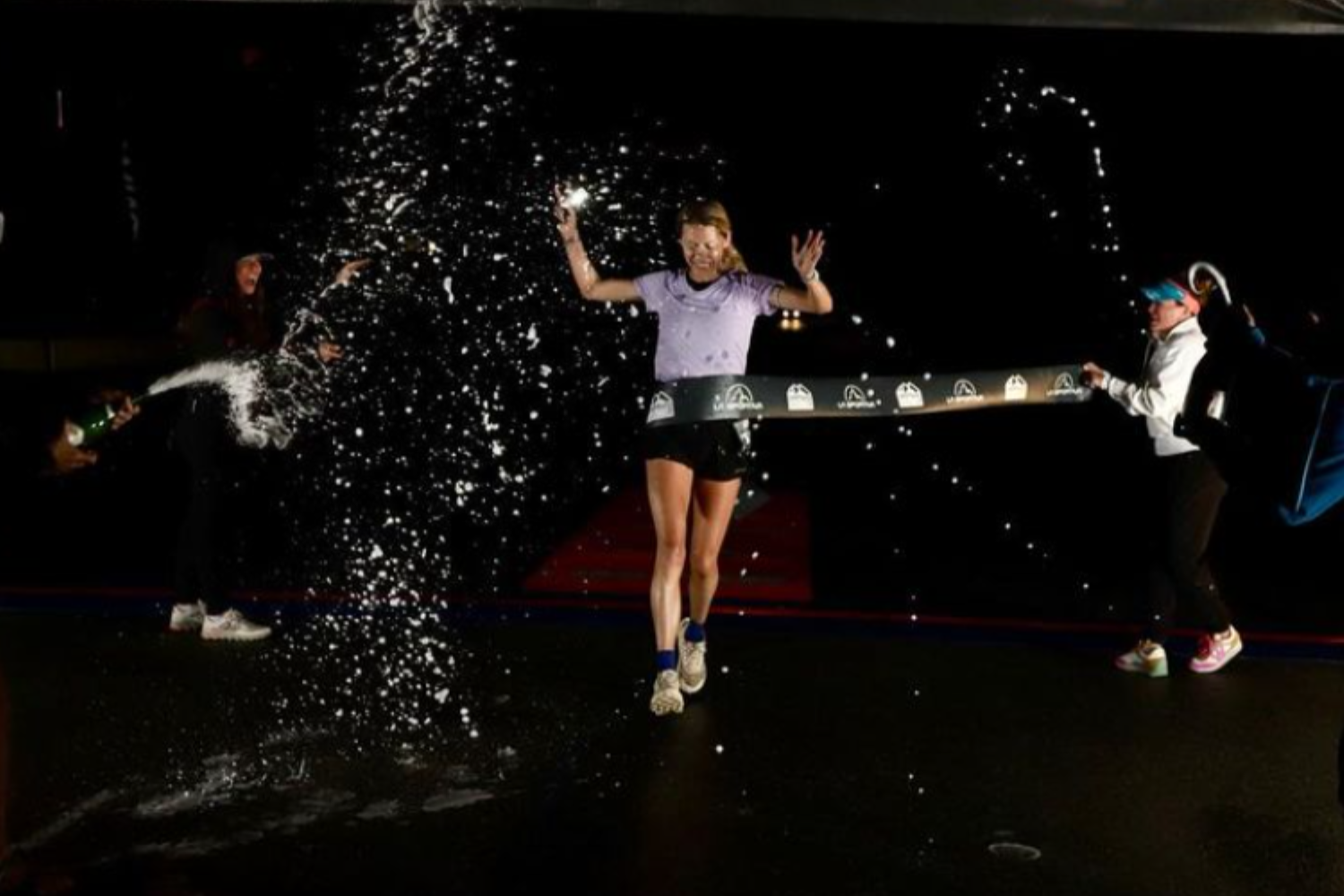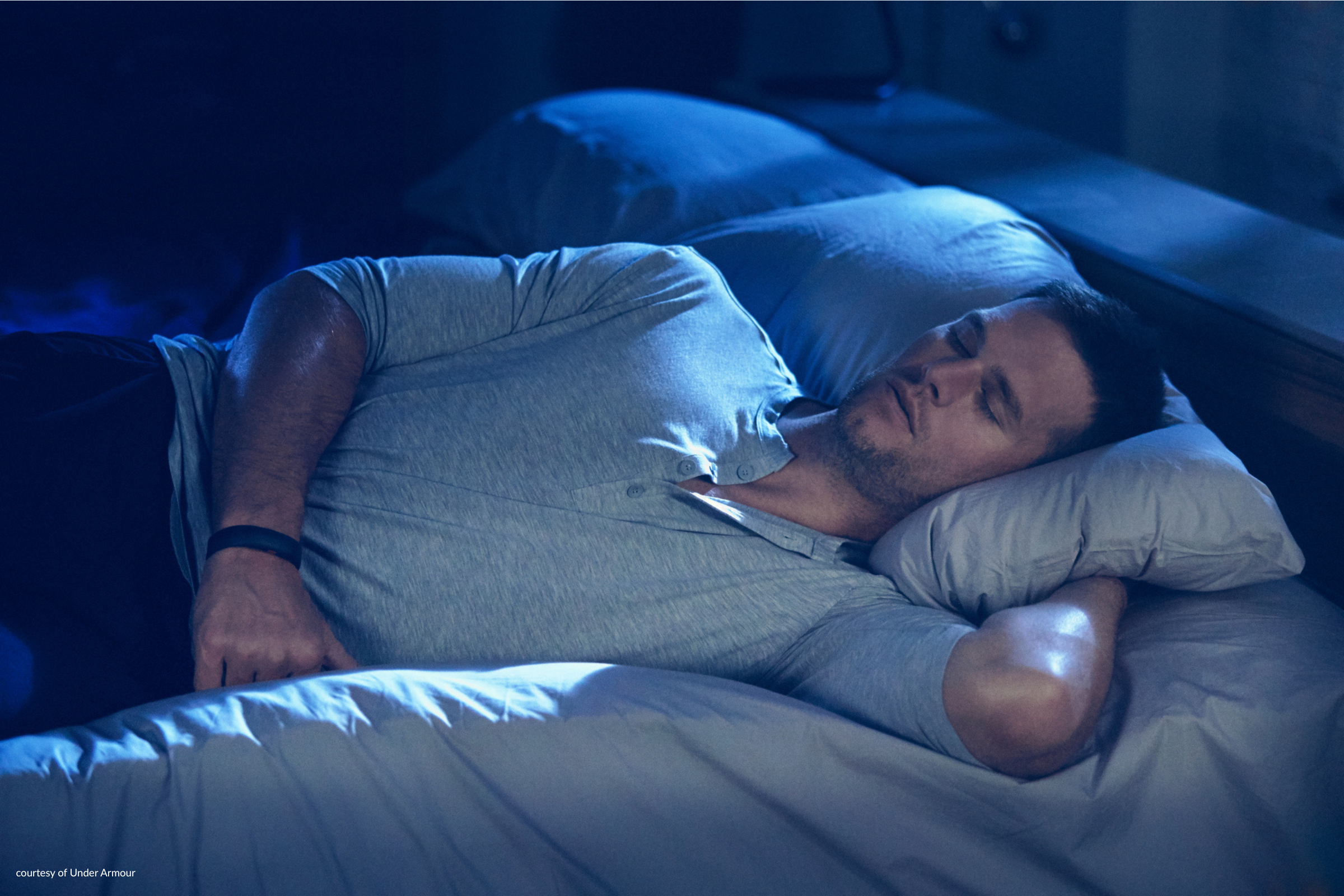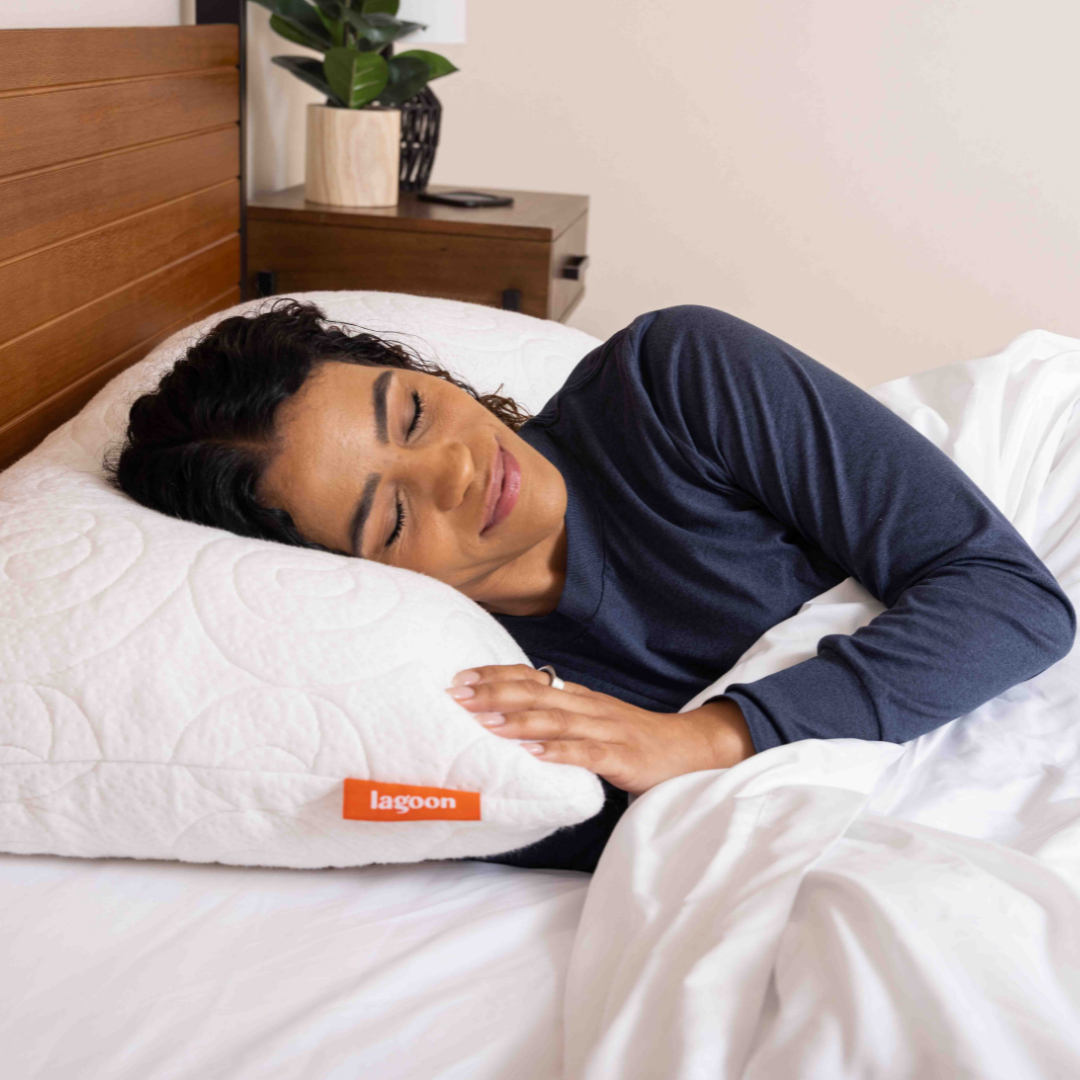Hey packlings 👋
Mary Denholm wins Leadville in her 100 mile debut! Plus how can machine learning be used to predict workout recovery, and what can you do to prevent nightmares? Let's find out in this week’s edition of Sleep & Fitness!
🏃 Congrats to Mary Denholm on Winning Her Debut 100 Miler in Leadville!
We’re thrilled to congratulate Mary Denholm on her Leadville 100 win! The #TeamFox athlete ran through the beautiful mountains and thin air around Leadville to secure a first place finish in her first ever 100 miler. Finishing in eighteen hours and 23 minutes, Denholm achieved the second fastest women’s time ever recorded and the ninth best overall. We’re proud to support Mary in getting some well earned rest and recovery after her incredible performance this past weekend. Congrats again Mary - hope you’re enjoying some well earned rest and recovery!
🤖 Can Machine Learning Predict Workout Recovery?
Knowing how much to push yourself without jeopardizing the next day’s training is an artform - but can machine learning models make this trade off easier? A recent study tracked 43 athletes for up to 12 weeks, and researchers fed data to machine learning models to determine which factors best predict workout recovery. In general, they found that the most important variables were soreness, and sleep index - a product of sleep duration and quality. For more accurate results, each athlete's data was analyzed individually to determine their most important factors, such as stress or protein intake. These could then be used by the model to predict the patterns in their recovery. So even if you don’t have access to machine learning, and are tracking your fitness the old fashioned way - remember that determining which factors are most influential in your recovery will undoubtedly enable you to consistently train harder without burning out.
😱 The Cause and Cure for Nightmares
Did you know that most dreams are nightmares? Well sleep studies show that the majority of dreams are actually negative, but most of them come and go without being remembered. According to psychologists, waking up from a dream in REM sleep is the only way to have any memory of it. Although they’re scary, nightmares are a sign that your brain is taking care of itself through exposure therapy, so don’t worry if you can’t get rid of them for good. The disruption to your sleep, especially if recurring, can be frustrating so here are tips to avoid them. First, the most important prevention is a consistent sleep routine: wake up and go to bed at roughly the same time every night. Also, REM sleep is one of the only times your body can't control its temperature, so try sleeping in a cooler environment as well to prevent discomfort that could lead to waking. Finally, if you experience frequent nightmares, try image rehearsal therapy. The simple practice of rehearsing a dream you would like to have, writing it out and visualizing it vividly multiple times a day can trick the brain into thinking its contents are significant.
🏫 Back to School Sleep Tips
In the coming weeks students will begin to fill the classrooms again, so how can you prevent bad sleep during those first few weeks of school? Summer takes the structure out of wake-ups and bedtimes for our young students, so it’s necessary to reestablish a sleep schedule before the first day back to school. Try keeping this schedule as consistent as possible to get optimal rest and incorporate an hour of wind down time before bed where screens can be replaced by books or chatting. Remember to make sure the bed is a work free zone: homework should be done in a different room so students can truly relax once in bed. Chocolate, caffeine, and other sugary snacks should be off-limits late in the day as well, to make sure students can sleep when they get in bed. Remember, kids between the ages 6-12 need 9 to 12 hours a day, and teenagers need 8-10 hours - so whether it's you or your kids going back to school, make sure you’re prepared for learning with a good night's rest!
🗒️ These Two Household Items Will Help You Sleep
If your thoughts keep you from a good night's rest, a piece of paper and pencil are the solution! Keep these two items close to your bed to write down anything you’re thinking. By externalizing the thoughts you recognize that you don’t have to hold on to them in your head. Whether they’re stresses, ideas, or reminders for the next day, writing them down can help your mind rest and drift off. This can be done actively before bed as scheduled journaling time, or it also works if you wake up in the middle of the night. Prevent the feeling of trying not to forget something and give your mind a rest!
Whether it’s congratulating Lagoon athletes, preventing nightmares, or getting tips for back to school sleep - we’re on a journey to improve our routine sleep and fitness. Remember to follow @lagoonsleep on Instagram for your daily dose of sleep & fitness news and entertainment.







